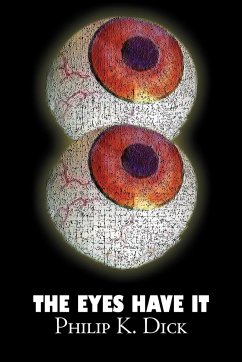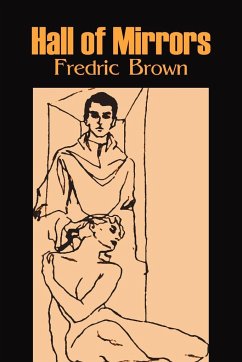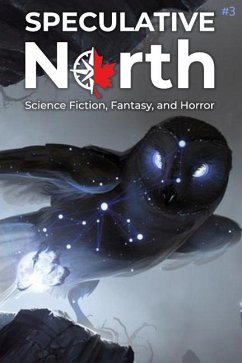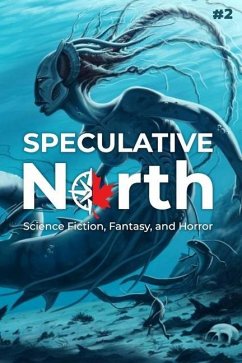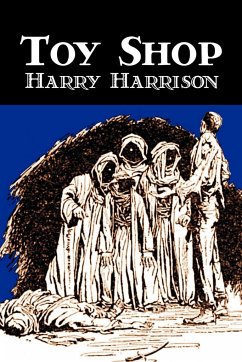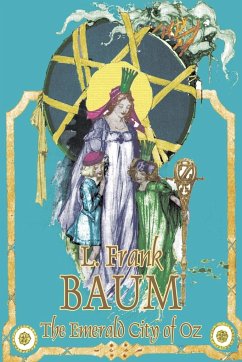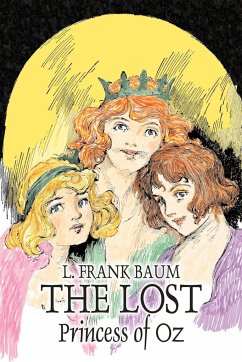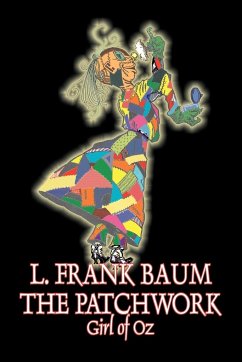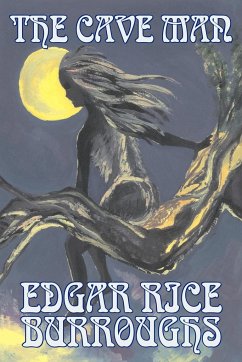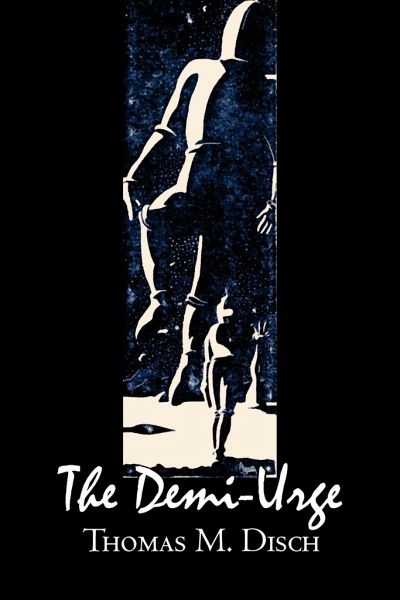
The Demi-Urge by Thomas M. Disch, Science Fiction, Fantasy, Adventure
Versandkostenfrei!
Versandfertig in über 4 Wochen
10,99 €
inkl. MwSt.

PAYBACK Punkte
5 °P sammeln!
In the Platonic, Neopythagorean, Middle Platonic and Neoplatonic schools of philosophy, the demiurge is an artisan-like figure responsible for fashioning and maintaining the physical universe. The term was adopted by the Gnostics. Although a fashioner, the demiurge is not necessarily the same as the creator figure in the monotheistic sense, because the demiurge itself and the material from which the demiurge fashions the universe are both considered to be consequences of something else. Depending on the system, they may be considered to be either uncreated and eternal, or considered to be the ...
In the Platonic, Neopythagorean, Middle Platonic and Neoplatonic schools of philosophy, the demiurge is an artisan-like figure responsible for fashioning and maintaining the physical universe. The term was adopted by the Gnostics. Although a fashioner, the demiurge is not necessarily the same as the creator figure in the monotheistic sense, because the demiurge itself and the material from which the demiurge fashions the universe are both considered to be consequences of something else. Depending on the system, they may be considered to be either uncreated and eternal, or considered to be the product of some other entity.



